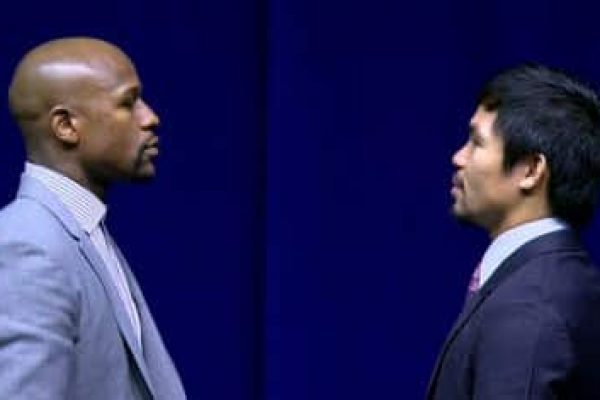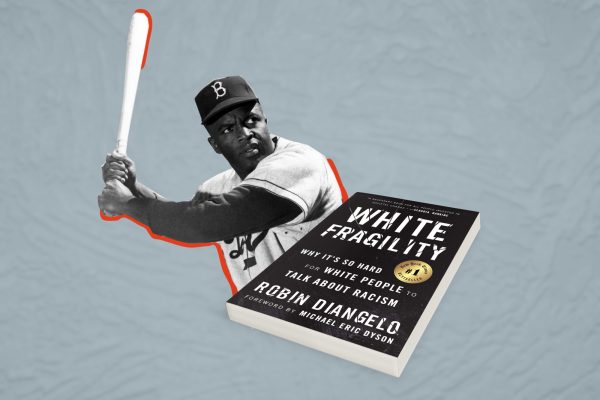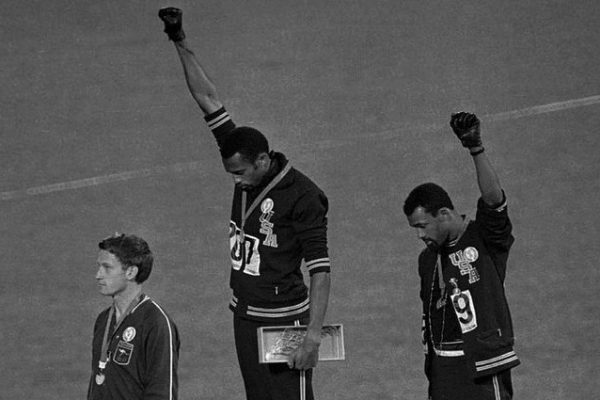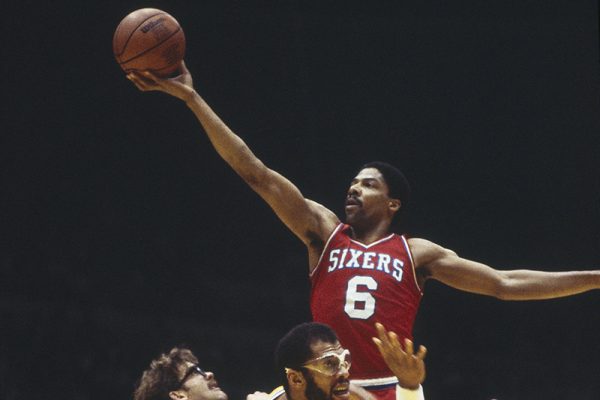It’s a busy day on the sporting calendar. Not only is the Wimbledon men’s final underway, but the UEFA Euro 2020 tournament reaches its climax this afternoon when England will play Italy—the first time the former has reached the final of a major tournament since their 1966 World Cup win. (And as a Brit living in the United States, no prizes for guessing who I want to lift the trophy #ItsComingHome).
But not everyone is watching, and some on twitter hope that England loses as payback for their imperialist exploits. Whether one agrees or not, such opinions exemplify why sports are such a fascinating topic of debate, even if you don’t know the offside rule. Indeed, as Andrew Mayersohn wrote for us in 2014, “Sports are an excellent tool for thinking through tricky ethical and political questions.” Looking at the rivalry, grudges, and nationalism that are often part and parcel of fandom, he shows how “arguing about sports in moral terms can help us consider carefully why we value what we value.”
The questions that Mayersohn raises about the utility derived from watching sports are particularly applicable to the current Olympics mess. Can we really justify cheering on our country’s teams while Tokyo enters a fourth state of emergency? While officials are hoping that the decision to ban spectators will help contain the current COVID-19 crisis, the potential pressure on Tokyo’s hospital system has raised the stakes on the perennial debate about the costs and benefits of hosting the Olympics. Writing for us in the run-up to Rio 2016, Robert Kehoe notes how the belief that the games are a boon to the host country is slowly being dismantled. “The legacy of the Olympics, no different than that of the World Cup,” he writes, “is one of overt corruption, waste, infrastructural quagmires, unmanageable economic burdens, and broken promises.”
While Boston Review’s sports archive is admittedly limited, all the essays below are real gems, with writers tackling a variety of games from the lenses of anthropology, labor, civil rights, and more. Looking at football and faith, Jason Anthony outlines the ways in which the Super Bowl is a “hairsbreadth away from a pulpit sermon” (and why this makes total sense), while Joel Calahan turns the focus to boxing. Once the longtime domain of the blue-collar fighter, the sport has suddenly become the playground of the one percent, he argues. Others consider famous moments in basketball and track and field, while a provocative op-ed from former BR editor David Johnson argues that men’s tennis is more interesting than women’s—but doesn’t have to be.
Lastly, two writers take us to the national pastime. In a recent essay, Peter Dreier argues that White Fragility gets Jackie Robinson’s story all wrong. “Contrary to DiAngelo’s retelling,” he writes, “Robinson’s success did not render ‘whites, white privilege, and racist institutions invisible.’ It blatantly exposed the baseball moguls’ racism. White Fragility distorts the Robinson story to fit DiAngelo’s view of white supremacy.” And in a noted Boston Review favorite, John Rawls considers the delights of baseball. From its scoring system, to the idea “that time never runs out,” here are the eminent philosopher’s reasons why it is “the best of all games.”
The Olympics have long tried to obscure the political nature of sport.
Big spectacle games are made for professions of faith, and holy language is exactly the right fit.
Big-money college sports suffer a lot of criticism, but they are symptomatic of larger shifts in the moral economy of higher education.
The revolutionaries of 1968 didn't succeed, but the world still needs turning upside down.















